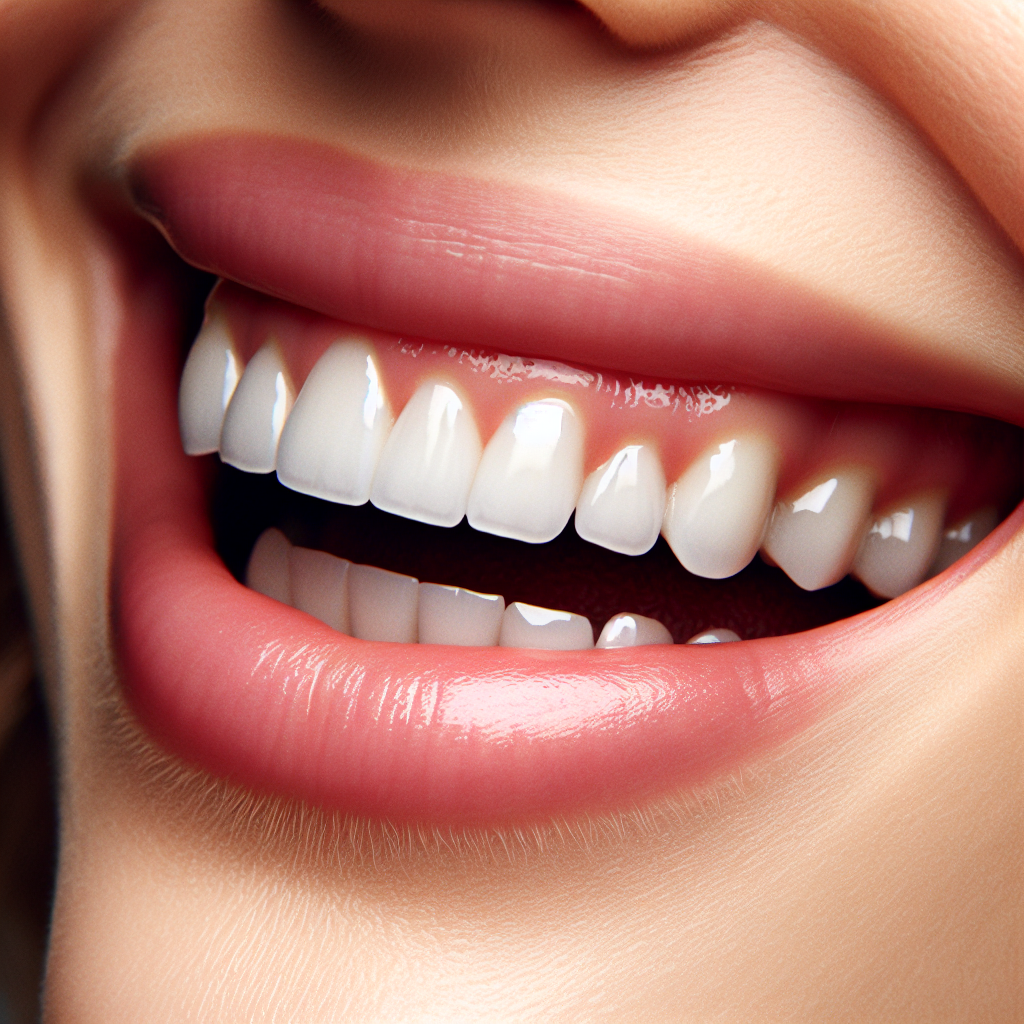Wisdom teeth headaches are a common issue that many individuals experience when their third molars begin to erupt. These headaches can be caused by the pressure and inflammation associated with the teeth pushing through the gums. Wisdom teeth typically appear in late adolescence or early adulthood, and can lead to discomfort and pain if they do not have enough room to fully emerge.
One effective way to alleviate wisdom teeth headaches is to apply a cold compress to the affected area. The cold temperature can help reduce swelling and numb the pain temporarily. Additionally, over-the-counter pain relievers such as ibuprofen or acetaminophen can help manage the discomfort associated with wisdom teeth headaches. It is important to follow the recommended dosage instructions and consult with a healthcare professional if the pain persists.
In some cases, wisdom teeth may need to be extracted in order to relieve headaches and prevent further dental issues. If the teeth are impacted or causing overcrowding in the mouth, a dentist may recommend surgical removal. This procedure can help eliminate the source of the headaches and promote overall oral health. It is essential to discuss treatment options with a dental professional to determine the best course of action for addressing wisdom teeth headaches.
Looking for Relief from Wisdom Teeth Headaches? Find Out What Helps Here!
Wisdom teeth headaches are a common issue for many individuals experiencing pain or discomfort due to their wisdom teeth. If you are looking for ways to alleviate this pain, you may be wondering, “What helps with wisdom teeth headaches?” Finding the right solutions can bring much-needed relief and improve your overall quality of life. In the following sections, we will explore various options to help manage and reduce the pain associated with wisdom teeth headaches, so keep reading to discover what works best for you.
Medications
If you are experiencing headaches caused by wisdom teeth coming in, over-the-counter pain medications such as ibuprofen or acetaminophen can help alleviate the pain and discomfort. These medications can help reduce inflammation and relieve the headache associated with wisdom teeth.
Warm Compress
Applying a warm compress to the affected area can help relax the muscles and reduce the headache caused by wisdom teeth. Simply soak a clean towel in warm water, wring out the excess water, and place it against your cheek where the wisdom teeth are coming in.
Salt Water Rinse
Rinsing your mouth with warm salt water can help reduce inflammation and pain associated with wisdom teeth headaches. Simply mix a teaspoon of salt in a glass of warm water, swish it around in your mouth for a few minutes, and then spit it out. This can help reduce swelling and alleviate the headache.
Ice Pack
If you prefer a cold treatment, applying an ice pack to the outside of your cheek can help numb the area and reduce pain and inflammation. Wrap an ice pack in a thin towel and place it against your cheek for 15-20 minutes at a time.
Proper Oral Hygiene
Maintaining good oral hygiene can also help reduce headaches caused by wisdom teeth. Brushing and flossing regularly can help prevent infection and reduce inflammation around the wisdom teeth, which can alleviate headache symptoms.
Chewing on Clove
Clove is known for its natural numbing properties and can help alleviate pain associated with wisdom teeth headaches. You can chew on a whole clove or apply clove oil to the affected area for relief.
Statistics
According to the American Association of Oral and Maxillofacial Surgeons, about 85% of wisdom teeth will eventually need to be removed due to complications such as pain, infection, or crowding.
2. Applying an ice pack to the jaw
3. Maintaining good oral hygiene
4. Warm salt water rinses
Conclusion
In conclusion, dealing with wisdom teeth headaches can be a painful and frustrating experience, but there are several effective ways to manage and alleviate the discomfort. From over-the-counter pain medications to natural remedies like cold compresses and essential oils, there are various options available to help reduce inflammation and relieve pain. Proper oral hygiene, including gentle cleaning around the affected area and using warm salt water rinses, can also promote healing and prevent further irritation. Seeking professional advice from a dentist or oral surgeon is essential for addressing severe or persistent headaches associated with wisdom teeth, as they may need to be extracted to eliminate the source of the pain. By combining these strategies and staying proactive in managing symptoms, individuals can find relief from wisdom teeth headaches and improve their overall oral health and well-being.

